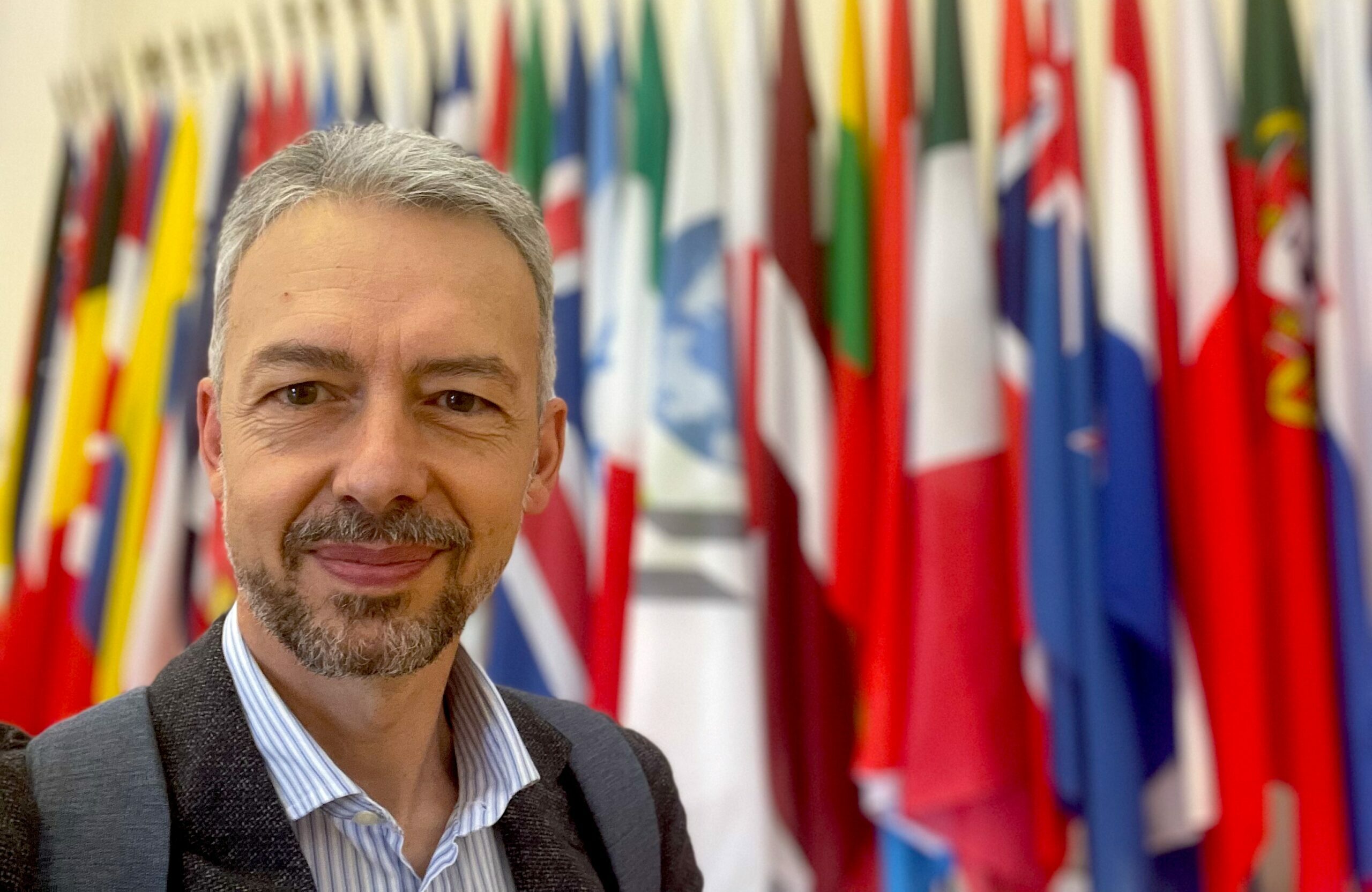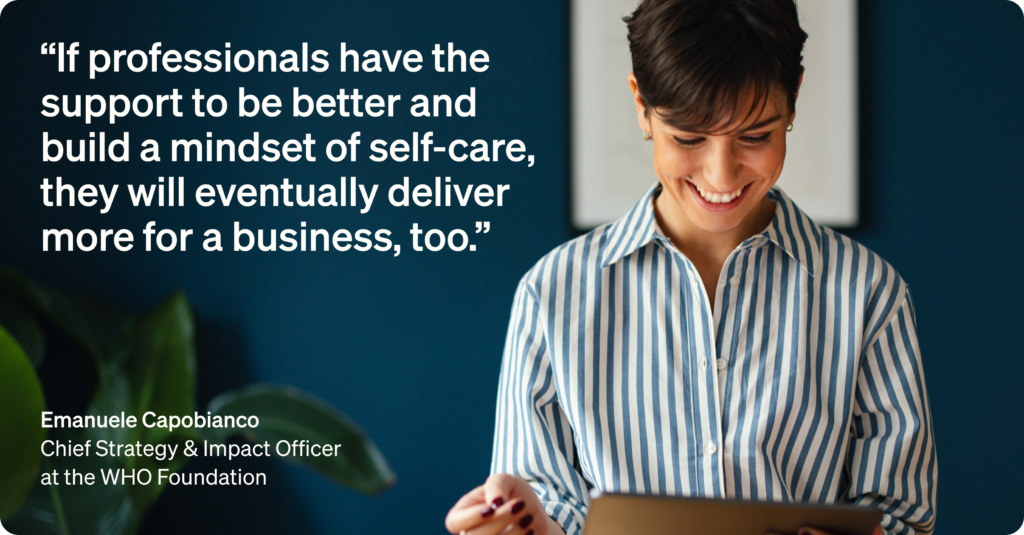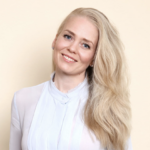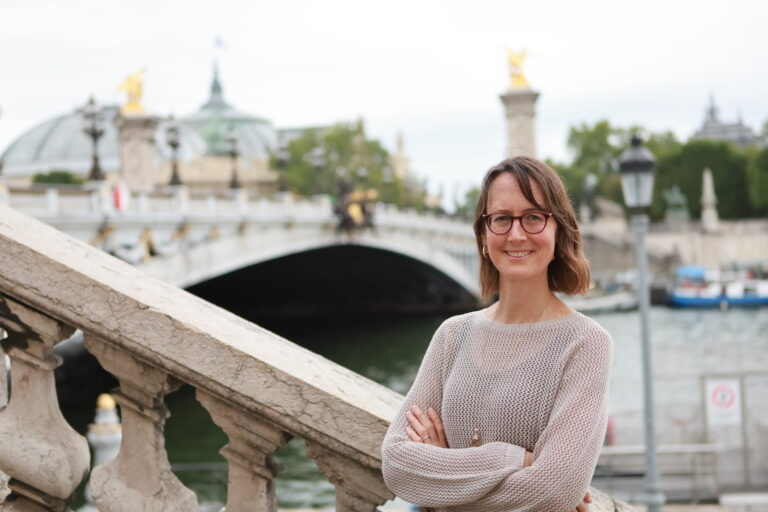How to Ensure Health & Wellbeing in a World of Polycrisis? We Spoke With Emanuele Capobianco from the WHO Foundation

In 2015, the UN set out its 17 Sustainable Development Goals (SDGs), including Goal 3: ‘Ensure healthy lives and promote well-being for all at all ages’. But we exist in a world of polycrisis; from the outbreak of war to climate change, there are numerous barriers to realising this goal. To explore how global organisations are working to overcome these various challenges and progress towards Goal 3’s intended targets, our CEO, Annastiina Hintsa, spoke to Emanuele Capobianco.
I was genuinely excited to sit down with Emanuele Capobianco, Chief Strategy & Impact Officer at the WHO Foundation, and our conversation really lived up to expectations. We covered his varied experiences working with humanitarian organisations, the lessons that we should take from the coronavirus pandemic and the importance of prioritising employee wellbeing in the workplace.
Firstly, can you tell me about your background and what brought you to the position you’re in now?
I’m a medical doctor, something I wanted to do since I was a little kid. I’m also a child of psychiatrists and psychologists, so I was always driven by the principle that health is a human right and the desire to make quality healthcare available everywhere.
When it comes to health, a Latin phrase comes to mind: Mens sana in corpore sano – ‘a healthy mind in a healthy body’. Similarly, the World Health Organisation talks about health not just as the absence of diseases but as a state of physical, mental and social wellbeing. I’d like to add a fourth element here, which is spiritual health.
I always considered physical health to sit at the bottom of a pyramid, in that everything surrounding your health begins with the physical side. Upon this, you can then build your mental health, and the social element, too – with spiritual health being the cherry on the top. But after a major injury recently that required two years of rehabilitation, I realised that your spiritual health is not just the cherry, but can be the foundation for that pyramid. Investing in yourself on that spiritual level is critical; it is not an afterthought, and I think everyone should be looking at that more than we probably do in the Western world.
What is the mission of the WHO Foundation?
We are driven by the value of equity around health, and our aim is to bring quality healthcare to everyone, everywhere.
The WHO Foundation supports the demand of the wider World Health Organisation, and we try to mobilise resources – both financial and non-financial – from the general public to support the health response in wars, epidemics or natural disasters.
We also try to work with the private sector and to create partnerships that bring together the resources of individuals and organisations to promote health and wellbeing.
What are some of the post-pandemic health trends that you have observed – particularly in terms of mental health?
Millions of people experienced the loss of friends, family members and colleagues because of Covid-19, so the loss of individuals had a massive impact on everyone, and at an unprecedented speed and scale. But the change of lifestyle – the lockdowns, the breaking down of social connections – these were also significant. The prevalence of anxiety and depressive disorders increased by 25% during the first year of the pandemic.
However, there is a brighter side in that Covid helped to reduce the stigmas associated with mental health. Everyone, including you and me, most likely felt the mental impact of Covid. And many realised that mental wellbeing is not an abstract concept, but is something that is very present in our lives.
The other positive element brought on by the pandemic is the enormous acceleration in the provision of online services – including access to mental health support for those lucky enough to have an internet connection and financial resources. Of course, it is estimated that billions of people across the globe don’t have internet access, but there is a positive in that accessing mental health services is now easier than before the pandemic.
We are now facing numerous global crises. What lessons can we take from the pandemic as we navigate this world of ‘polycrisis’?
The perception of risks and our mortality have been highlighted tremendously by the pandemic and other crises such as the climate emergency. We exist in a world that is immersed in negativity all of the time, so how we should respond goes back to taking care of ourselves and each other. This can start on an individual basis before being applied to our communities, our families and our workplaces.

Mental health in the workplace is emerging as a top priority and we as an organisation are pushing to ensure that it is not simply an add-on for businesses but an important policy to help people stay healthy. And if professionals have the support to be better and build a mindset of self-care, they will eventually deliver more for a business, too.
Personally, I am concerned by the prospect of future generations being overwhelmed by the constant bombardment of negativity linked to a world in polycrisis. I recently came about a Foundation promoting mental health in the workplace, to help employees to improve the relationship with adolescents and to support their children in handling this negativity. I think that’s really advanced.
What is the role of global organisations in promoting health and wellbeing?
I’m seeing more and more organisations investing in the four aspects of health that we mentioned earlier: physical, mental, social and spiritual. In my current organisation, we work quite a lot on ensuring that we have a psychologically safe space, where we check in on and support one another.
There is also a lot that can be done around the social side of health in bringing people together. Of course, you can bring people together to do something fun, but you can also bring people together around inspiring agendas, too.
This is integral, and I think more and more employees will have the expectations to work in a healthy environment and to contribute to higher social causes through their work. The new generations in particular really value wellbeing and social impact, so those workplaces that retain older, outdated values and approaches need to rejuvenate themselves if they expect to attract and retain the best talent.
You mentioned that you’re trying to create a psychologically safe space for all employees at the WHO Foundation. What do you mean by that?
We dedicate the first ten minutes of the majority of our team meetings to wellbeing, asking colleagues to consider their current state in relation to the acronym ‘pies’: physically, intellectually, emotionally and spiritually. This short check-in has a real impact on the way our meetings run, and is very different to meetings where you get straight down to business. You get a better idea of people’s state of mind – and that’s important.
We also create time and space for colleagues to collaborate and interact face to face – even our remote teams. I feel this is essential. With all the beauty of Zoom, there is nothing like the physical interaction that you have when you are in the same room – the ability to read another person and connect.
What can we learn about supporting employee health and wellbeing from organisations that are working on the humanitarian frontline?
The work of humanitarian organisations is extremely complex. Workers operate regularly in crisis situations where death is very visible, and where the suffering of people is enormous. These workers who are on the ground, trying to provide support, may unavoidably absorb a lot of the pain. Organisations aim to deploy people who are able to withstand these environments, but they also ensure that there is time and space for rest and recuperation. This way, workers can be taken out of these situations for periods of time, so that they can recharge physically, emotionally and spiritually.
For the people these workers are trying to help, for a long time the only priority was to ensure everyone survived. But things have improved; there is now a strong push to make sure that all types of health services are provided right away for people in an emergency situation. That means providing basic psychosocial support for the victims of a natural disaster or war and prioritising access to mental health services for individuals in need of specialised care. So even in these extreme situations, mental health has become more of a priority.
What advice would you give to a reader that is considering how they can contribute to Goal 3 of the UN’s Sustainable Development Goals?
I would say, start with yourself. Start with your own health and prioritise that. Once you’re doing this in all forms, look at how you can invest your time in your communities, giving back – whether that be through a sports club or a union, a mosque or a church.
In the workplace, there are many in leadership positions who are currently considering the introduction of programmes to strengthen the various sides of health in their teams. And further, some are looking at how businesses can give back to communities by investing in health support for the most vulnerable and marginalised.
The UN’s SDGs are about interdependence, connectivity and solidarity. And I believe strongly in the value of partnership – something that I hope to see more of in this moment of polycrisis. Only if we stick together can we help each other as individuals and institutions. In doing so, we can hope to improve the world for ourselves and, more importantly, for future generations.
Thank you Emanuele for having a chat with us! Read more about WHO Foundation’s valuable work on their website.



